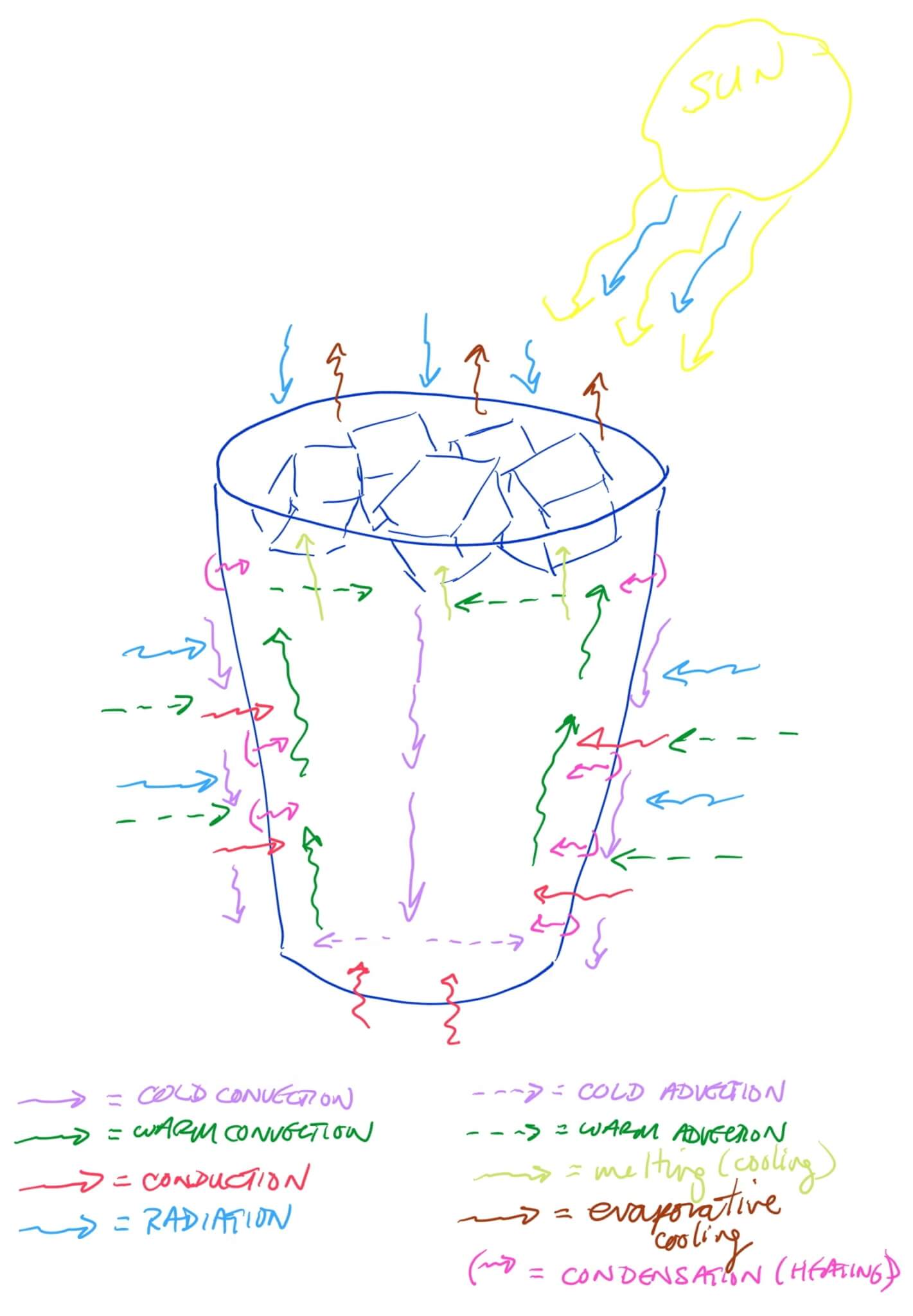Drawing
The ability to observe is fundamental for survival, art, science, business, parenting, sports, and pretty much everything. And drawing is one of the best ways to improve how to observe. It slows us down and helps us see detail, proportion, and how the parts fit together. And it helps in learning!
How to Beat “Mind Grooving“! We use the most used pathways in our brain as we process/recall information and relate to our world, which is called mind grooving. Once we see/use something once or twice, it becomes the default our brain tends to follow. Drawing helps us observe something for the first time or from a different perspective, so it helps take us out of our mind grooves.
These are two insightful articles on the importance of drawing in our learning: Learning by Drawing and Rediscovering the Forgotten Benefits of Drawing. Expanding beyond our learning to our health, drawing and art have a profound beneficial impact.
Drawing Experiment
Without looking at it, draw a wall in your room from memory. Then draw it when you can look at it. Wait several days and draw the wall again from memory. Compare your last drawing to both of your earlier drawings. Did drawing as you looked at the wall help you see more detail and remember it?

A sketch of the process warming up and cooling down an iced drink sitting outside on a hot, sunny day.
Doodling
Who knew a teacher would advocate for doodling? Through the years I have watched a number of very talented students sitting right in front of me during class creating gorgeous doodles while also being wonderfully engaged in the activities we were doing. And there is evidence that doodling can help you stay tuned into class discussions rather than daydream. As you doodle, you use a different part of your brain, which increases blood flow in that region keeping you more focused because this is also part of the brain that processes the feeling of reward.
Activity
Do we really need to create an activity to promote doodling?

0 Comments